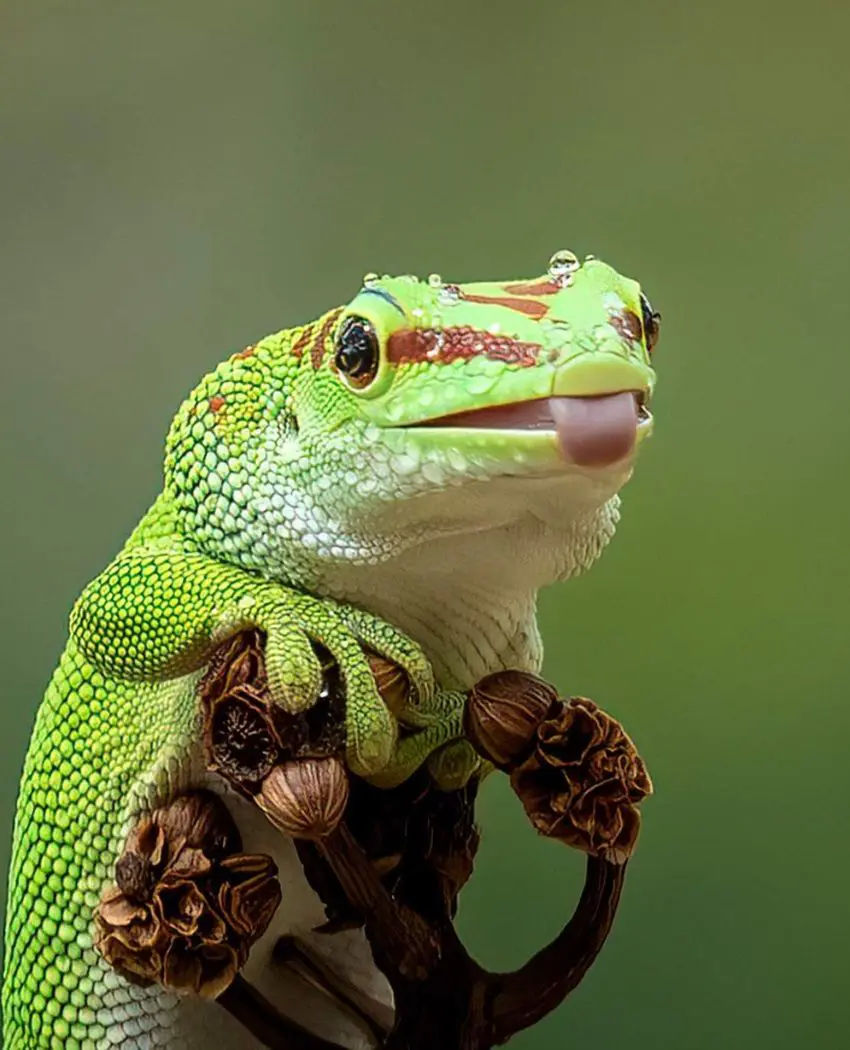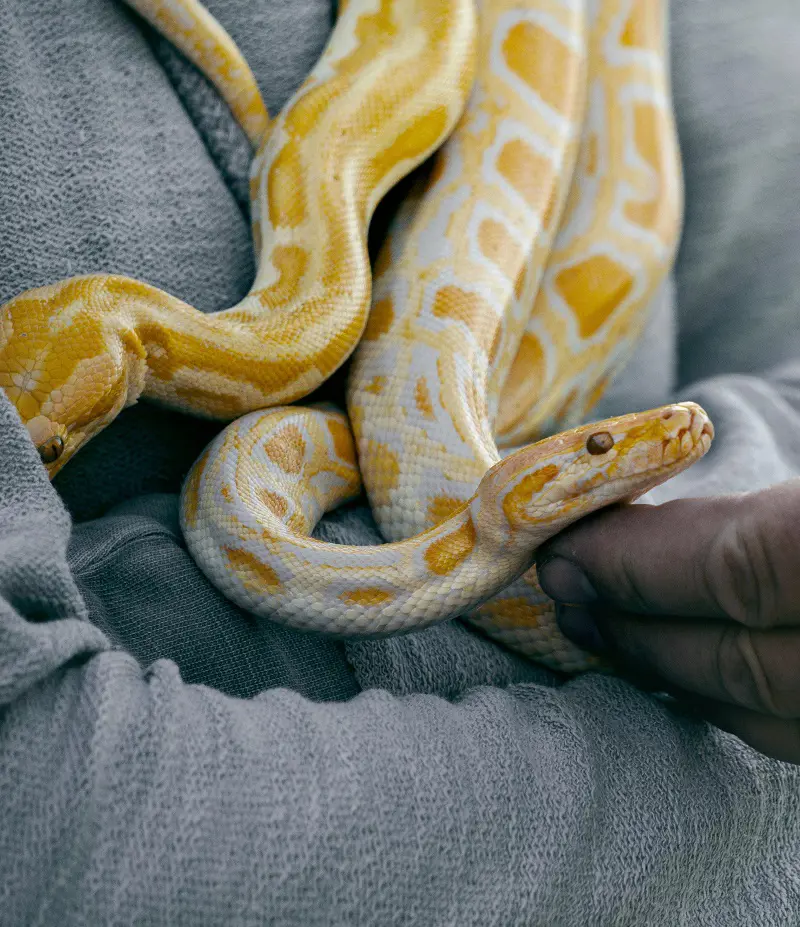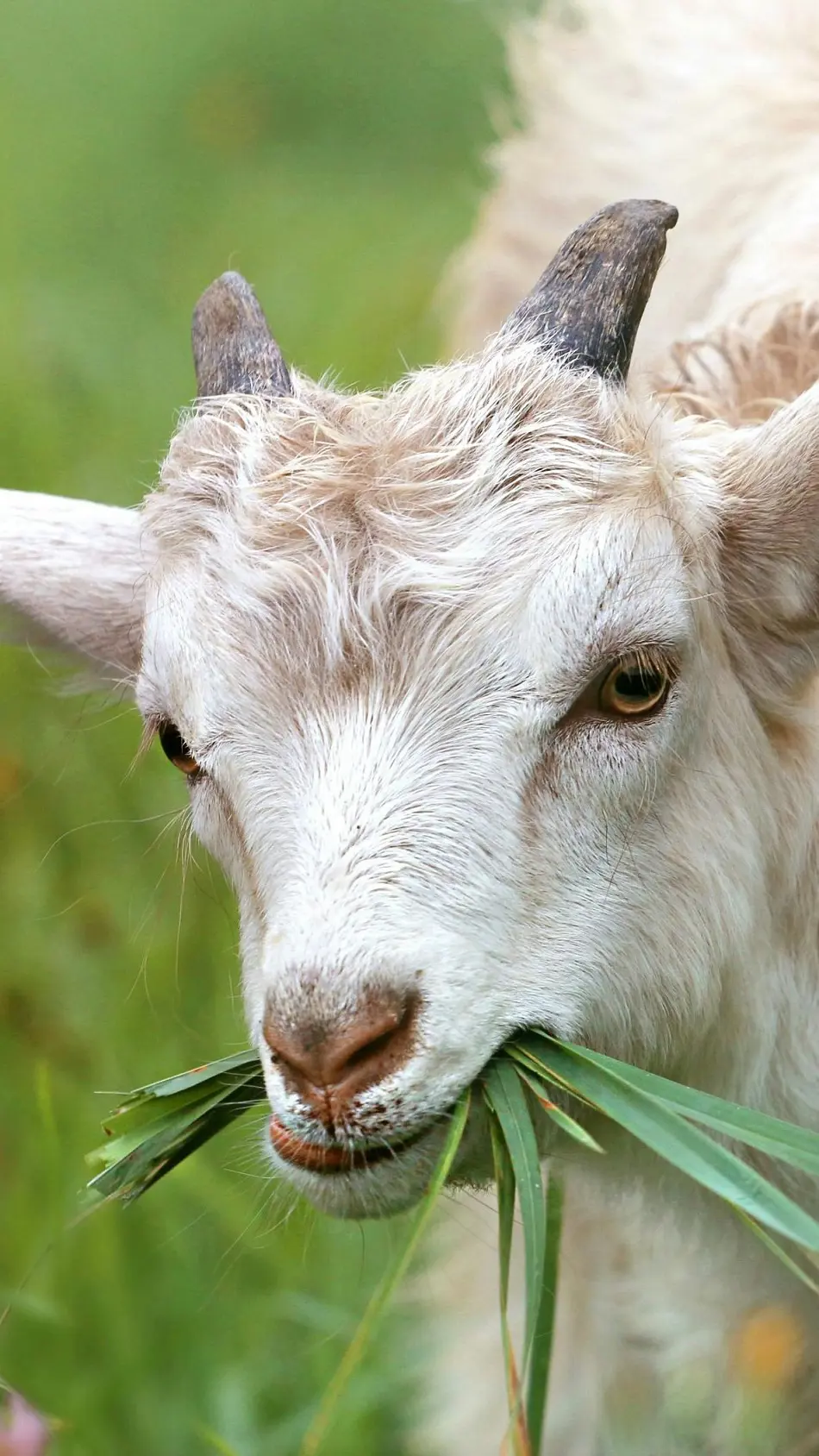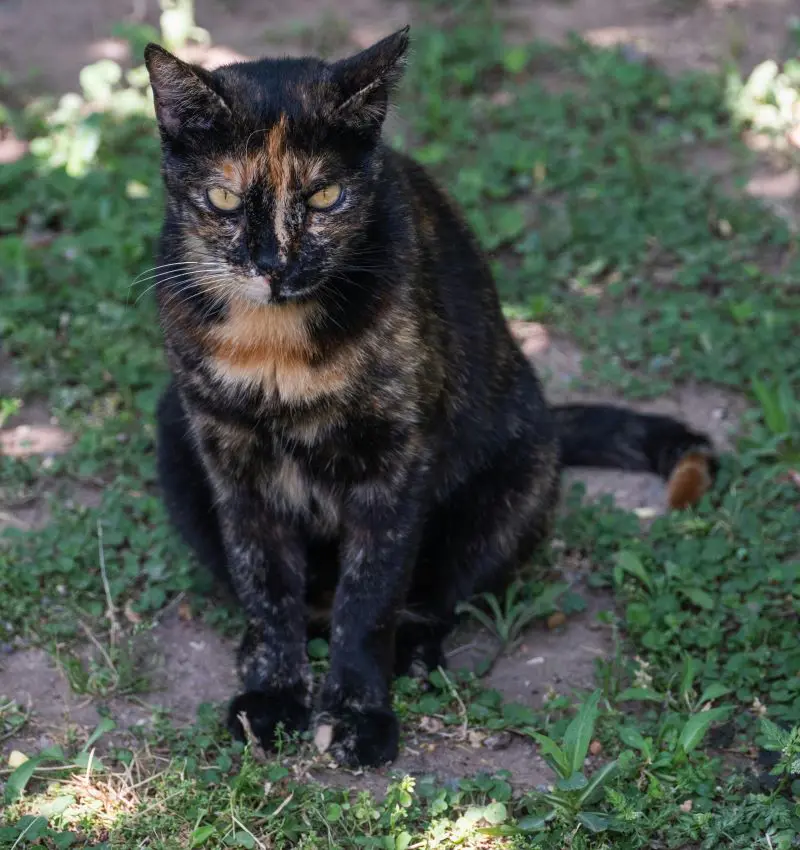What Smell Do Mice Hate The Most
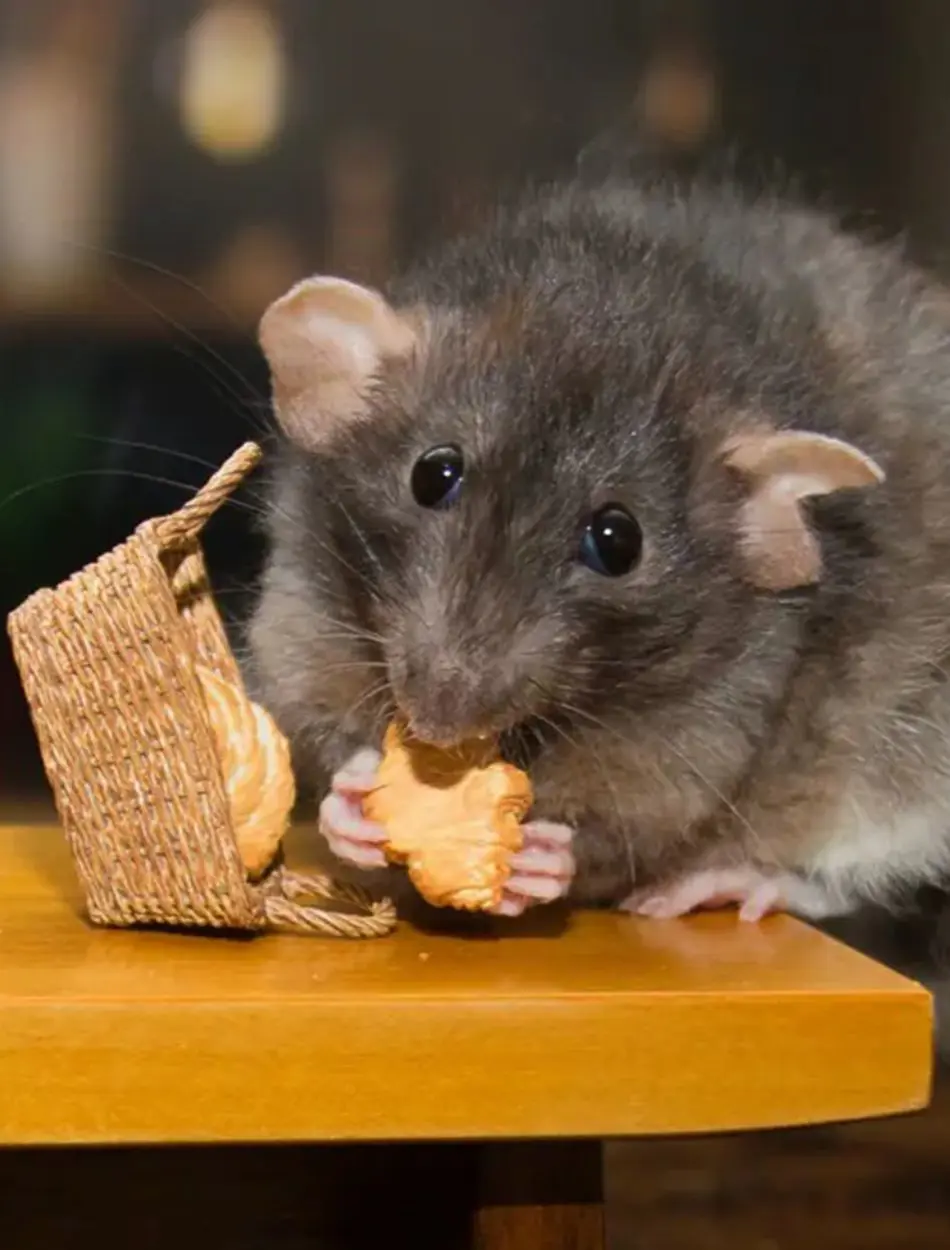
Mice in your garden or home can cause significant problems. They can wreak havoc by means of eating your plant, contaminating food, or even transmitting dangerous diseases like plague.
Eliminating them or creating an environment that discourages them from invading your property is essential. To do this effectively, you need to understand what mice dislike.
1. Peppermint
This sturdy, clean aroma is overwhelming for those small rodents, performing as a natural repellent. The primary cause behind this aversion lies within the critical oils of peppermint, which comprise menthol.
2. Cinnamon
While humans find it pleasant to add cinnamon to their morning drinks, that is not the case for rodents. Their distinct scent is so strong that it can stress the smelling receptors of mice.
Without any chemical toxins, a layer of cinnamon can keep mice and other pests away. Moreover, it also creates a warm, inviting scent in your living space. So, you could say it’s a win-win solution for those looking to maintain a mouse-free home.
3. Ammonia
The sharp smell creates a strong environment that triggers a natural aversion response in mice. That's because ammonia resembles the scent of a predator's territory, a sign of danger present around.
Moreover, mice are driven away by their fear of predators and are forced to leave the areas. While ammonia creates a hostile environment for mice, it is important to use ammonia with a bit of care and proper ventilation to avoid health risks associated with inhaling this substance.
4. Mothballs
Now comes mothballs, a common pest repellent. These contain naphthalene, a chemical that creates a strong odor— one of the smells that mice hate. The best part is that they can repel a variety of other unwanted pests.
5. Vinegar
The strong aroma can easily create havoc in mice's olfactory nerves. When mice come into contact with the smell, it encourages them to run away.
You can use this by soaking cotton balls in vinegar or a mixture of vinegar in the areas where you notice mice. The acetic acid in the vinegar also acts as a repelling agent, making it a simple and effective solution to manage mouse infestation.
The best part is its non-toxic nature that is safe for humans and pets. Thus, there are no potential hazards.
6. Clover
Unlike ginger, cloves are another natural repellent." They can be used either raw or in essential oil form. The strong and spicy aroma is one of the things mice hate.
The whole piece of clove does not have enough perfume, so you might want to use a bunch of them. Besides, for better effect, you might want to regularly replace the cloves, as their potency can decrease over time.
7. Cayenne Pepper

Now, let's switch to pepper. These are known for their spicy flavor and pungent perfume. It can keep any mouse away from their frequent areas. The strong and irritating nature of cayenne pepper is sensitive to mice.
These are known to create allergies in the nasal passages and cause difficulty in breathing. When you sprinkle the pepper or make a mixture of water and pepper around their frequent areas, it creates a barrier.
On the other hand, these are a safe and non-toxic alternative to chemical repellents, an ideal choice for safe use in households with small pets and children. Ultimately, their effectiveness creates an unpleasant environment that can keep these mice at bay.
8. Chilli Powder
Similar to cayenne pepper, chili powder is a bit strong. The intense aroma creates an unwelcoming environment due to the presence of capsaicin. This is one of the active compounds known for the heat in chili peppers.
This makes it a practical option for homeowners who want to repel mice without creating havoc. Moreover, the combination of chili powder with vinegar and peppermint can increase the effectiveness of the mouse repellent.
9. Tea Bag
The tea bags of peppermint, chamomile, or lavender are unexpectedly great for keeping mice away. Thanks to their strong and natural aroma, they serve as a simple and natural repellent for mice.
While the peppermint in tea bags has menthol and chamomile has a soothing scent, both are enough to encourage mice to run away. You can put the tea bags in areas where mice are present.
As the scent fades, you should replace the tea bags with fresh ones to maintain their effectiveness. This is a practical method to keep mice away, particularly for households with small pets and humans.
10. Bleach
The next time you use bleach to wash clothes, remember that it can also be very effective in getting rid of mice. Its strong odor consists of ammonia. Basically, it can create an environment that triggers a fear response in mice.
Although effective, you must remember to use it with caution due to its toxins. The fumes are pretty harmful and can cause different respiratory issues and allergies. So, it's better to dilute it properly and apply it in well-ventilated areas.
11. Citronella
Citronella is primarily known to be effective in getting rid of insects. But it is one of the smells mice hate. Their citrus scent is best to destroy the nasal senses and make the environment unbearable. When using the proper strategy, you can bid farewell to the mice.
Oil or spray, you can use them in any form and apply them in dark corners or areas where mice are likely to come. The persistent perfume creates a barrier that mice find resistant to crossing. And they are quite safe to use as they are natural and effective.
12. Dryer Sheet
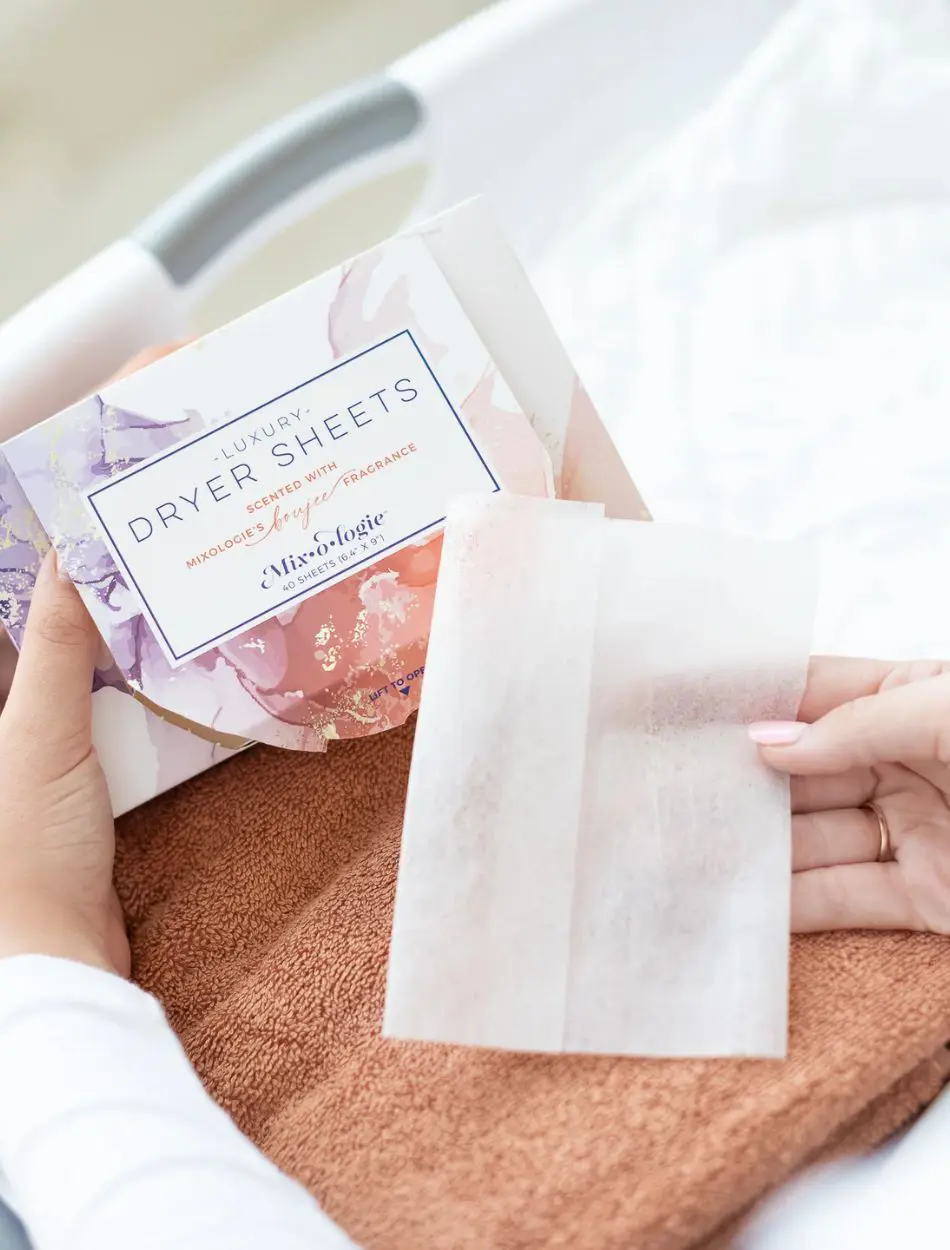
Unlike other methods, dryer sheets are an unconventional approach. But their strong perfume is known to smell mice's hate. While people love them for their freshness and cleanliness, the fragrance mixed with the dryer sheets creates an area that mice avoid.
When placed, they help to mask scents that are disgusting to mice. Besides, you should replace the dryer sheets regularly and combine them with natural repellents to improve their deterrent properties.
13. Cedar Wood
The wood of cedar is known for its appealing perfume. However, it is not appealing to mice, as it creates an inhospitable environment for them. Cedar chips and cedar oil are some of the various ways to use them in the home.
Place them in areas that demotivate mice from invading your space. On the other hand, it is eco-friendly as it is a natural product, and its earthy perfume can make the area quite pleasant.
14. Mint Toothpaste
Its menthol and aromatic perfume are known to be unpleasant for mice. You can apply it in cracks, gaps, and places likely to be home to them.
A small quantity of this can be an ideal option for a natural and non-toxic solution to your mice problem. But the only issue is it cannot be used for long-term effects, as the mice may eventually get used to the perfume.
15. Coconut Oil
Regardless of the strong aroma, the clove oil is known for its mild mouse repeller. The oil's fatty acid and lauric acid give rise to the fragrance. When you apply them, it creates an inhospitable environment that discourages mice from staying.
Although their effectiveness is limited compared to others, regular reapplication may be necessary, as the oil's scent can fade over time.
16. Eucalyptus Oil
The excessive concentration of fragrant compounds in eucalyptus oil interferes with the mice's odor senses.
At the same time, it makes the vicinity much less appealing and encourages them to search for more hospitable environments. It makes this oil a powerful, natural solution for keeping mice at bay.
17. Essential Oil
Apart from other oils, there are a gaggle of critical oils regarded for their effectiveness in keeping mice away. However, essential oils are good for cats and other animals.
The mighty aromas of these oils create an environment in which mice discover unpleasant and unwelcoming.
18. Rancid Smell
Rancid smells are less commonly used as mouse deterrents than other scents. Many experts suggest that these unpleasant odors can also help deter mice. However, these smells are associated with decaying organic matter and are particularly offensive to mice's olfactory systems.
What Are Mice Scared Of?
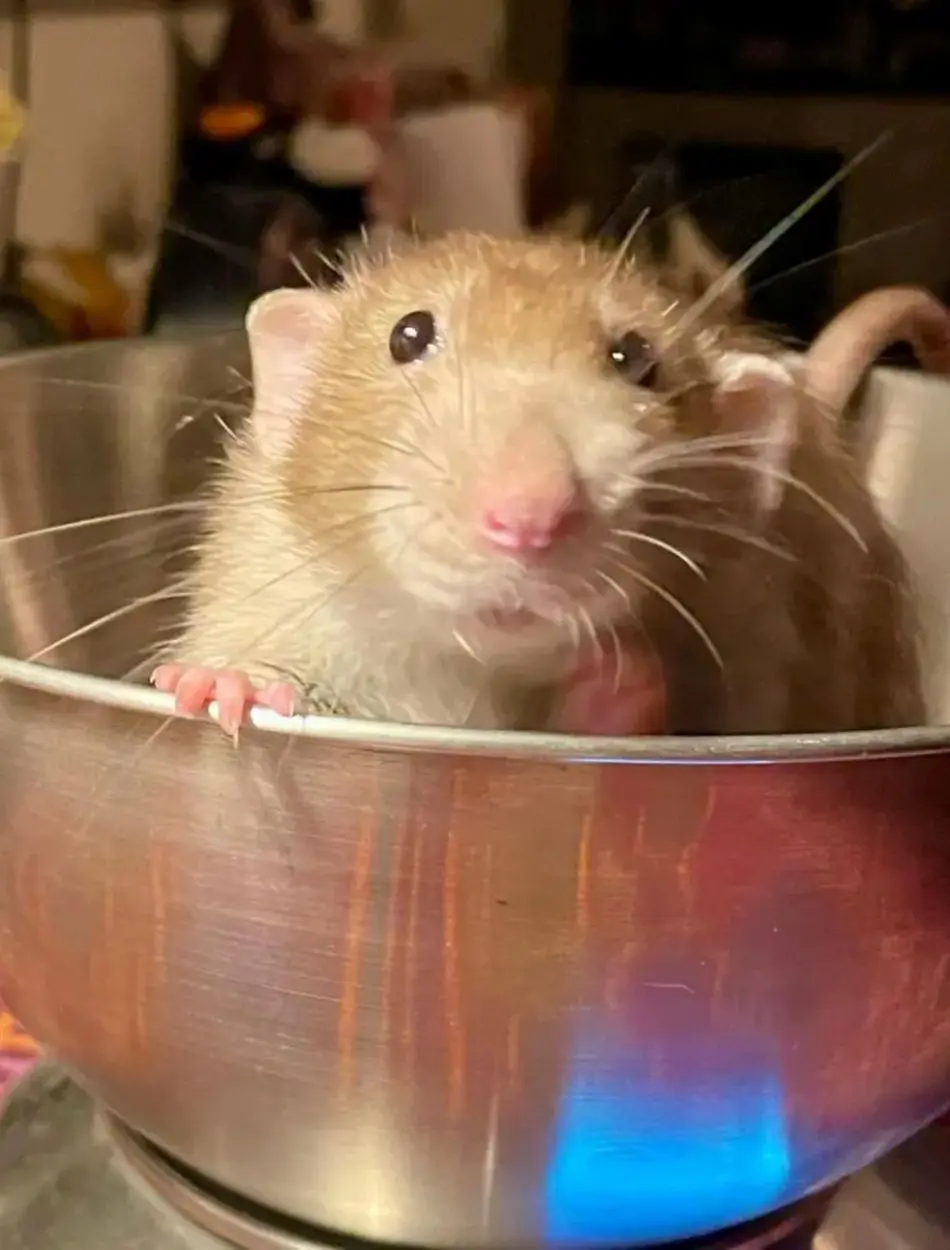
Apart from smells, there are other things that mice hate. This is also part of their fear response.
Smell of Predator
The first thing mice are pretty sensitive to is the smell of predators. Especially natural predators like snakes and cats, which are known to feed on mice. The smell of their urine can create a strong fear response in these small creatures.
This instinctual reaction arises from their survival instincts, as the presence of such pungent odors signals a threat.
Loud Sound
Just like their sensitivity to smells, mice also are noticeably touchy to loud and unwanted noises. These prey animals are regarded to be especially sensitive to their surroundings, and they use sound as a trademark of capacity risk.
Loud sounds, such as clattering, banging, or sudden bursts of noise, can trigger mice's instinctual flight response. In response, noisy environments provoke mice to seek refuge in quieter spaces.
These can motivate the mice to move to a silent and safer space. Moreover unwanted sounds, there are other ways to get rid of mice.
Bright Light
It is quite clear that these mice love to live in the dark spaces of the house, as it gives them a sense of safety and security. These nocturnal creatures are active during the night and try their best to avoid bright areas.
So, it is obvious that bright yellow lights are their enemy. These lights become a sign for mice to get away from the place. Besides, these lights can create havoc with their sensory response and make them vulnerable.
How To Stop Mice In a House
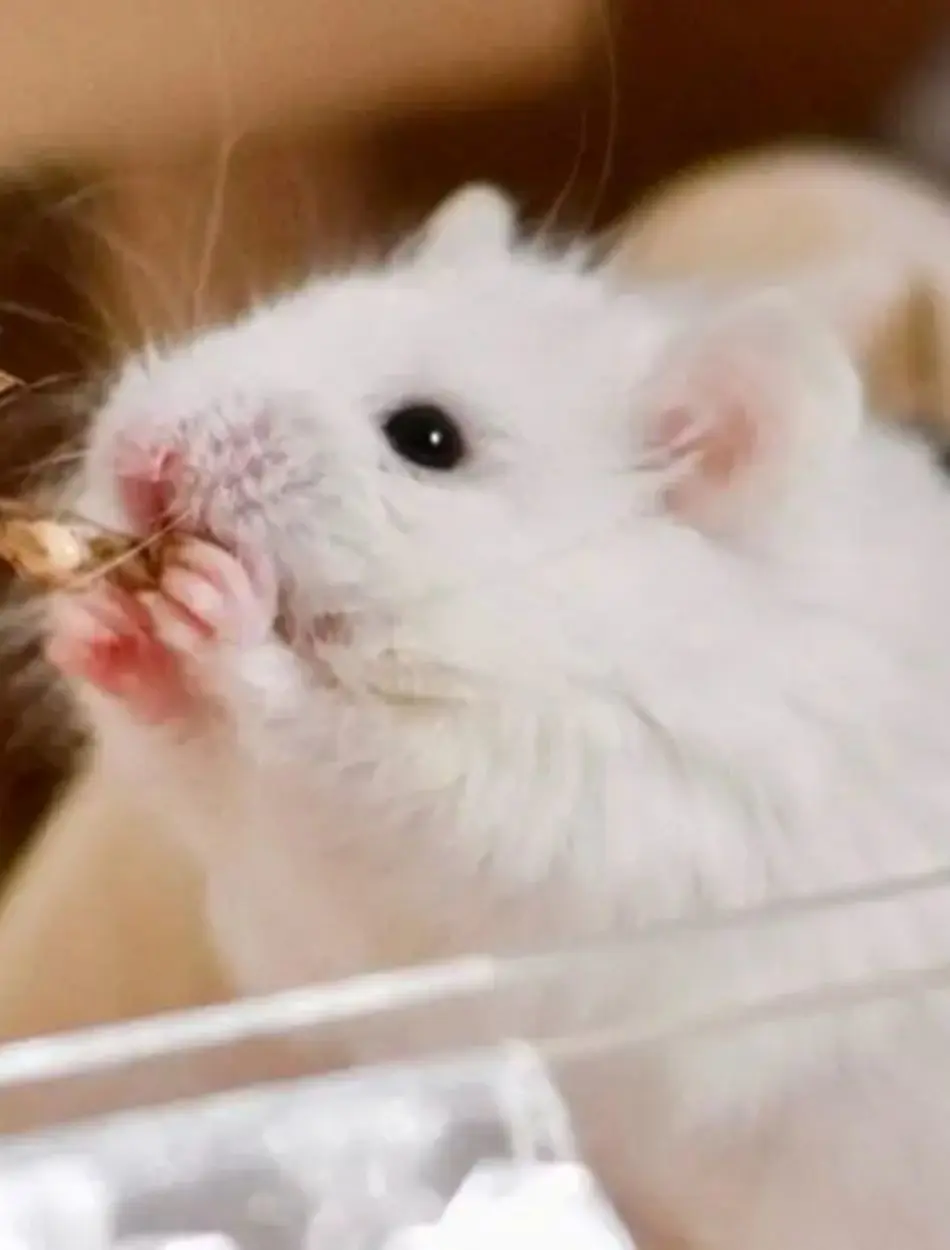
Regardless of using things mice hate, they may become accustomed to these smells over time. As they get customary with them, these methods may lose their effectiveness.
Therefore, the only way to effectively manage the issue is to eliminate the mice permanently. But how can you do that?
Close Entry Points
According to Martha Stewart, the best solution is to close these gaps to prevent mice from squeezing through small openings. Inspect cracks and gaps, especially around doors and windows
Seal these entry points effectively using steel wool, sealant, or a combination of both. Steel wool creates a barrier that mice cannot easily chew through, while sealant fills smaller gaps. Regularly check these areas to ensure they remain sealed; even tiny openings can provide access to these persistent rodents.
Regular Cleaning
Keeping your house clean is but another easy and powerful manner to address mice infestations. Mice are interested in meal sources, so cleaning up spills and crumbs is crucial.
In the meantime, regular disposal of garbage and trash cans with tight-fitting lids to destroy another potential food source.
Remove Disorganized Places
Mice love to be in disorganized environments, as these are places with plenty of space to establish a presence in your home. Basements, cellars, and garages are the areas where mice infest and grow their family.
It is better to organize the space and reduce potential sites to make it a less interesting place for mice to come. Meanwhile, this method can also help declutter, improve accessibility and visibility, and easily identify and seal entry points that mice may use to gain access to your home.
Set Traps
It is time to go a bit more effectively. The first thing you can do is set traps in the areas where you suspect mouse activity. Snap traps and sticky tarps are some of the best options to catch mice.
You should regularly check the traps to ensure they are working smoothly, and once they are caught, you can release them in a place far from your area to prevent future buildup.
Utilize Natural Deterrent
Apart from traps, you might also want to use some natural deterrents. Although not very strong, they are effective enough to create a hostile environment that mice hate. Strong-smelling substances and plants like peppermint oil and vinegar are such natural repellents.
It's important to use these natural deterrents alongside other pest control methods to prevent mouse infestations more effectively.
Professional Help
The quality and most effective way to remove a mouse infestation is to get assistance from expert pest control. They are skilled and feature the know-how to put off and prevent mice infestations.
They follow steps like inspection, identification of entry points, focused remedies the use of traps, bait stations, and different strategies to lessen mice safely and correctly.
On the other hand, they also can offer recommendations on lengthy-term prevention strategies, together with sealing potential access factors and preserving smooth surroundings to prevent destiny infestations.
Risks and Considerations of the Smells Mice Hate

- Health Risks: Certain herbal repellent, inclusive of ammonia and mothballs, include poisonous compounds that can pose health risks, together with breathing troubles and skin irritation.
- Toxicity Concerns: Although, if pets and small children ingest them, it can cause issues.
- Allergic Reactions: Some strong-smelling substances might cause allergic reactions in sensitive individuals or pets.
- Limited Impact: Natural repellent is not sufficient for severe infestations. It is because mice have strong instincts to seek food and shelter and can sometimes overcome these smells.
Recent posts
Pets
How To Train A Puppy: A Complete Guide For New Dog Owners
New puppy training can be both an exciting and frightening experience. Patience, the proper approach, and consistency are the order of the day in making sure that your puppy turns into a well-behaved friend. In this article explore yourself through e...
20 Pet Friendly Stores In The USA
Over the years, the population of pet owners, especially ones with dogs, has increased. Naturally, this has also increased the need for pet-friendly stores because pet owners no longer want to give business to stores where their furry best friends ar...
Why Do Horse Have Manes?
Horses have manes primarily for protection and communication. The thick hair shields their necks from insects, weather, and potential predators, while also serving as a way for horses to express social cues among their herd. In this article, we are g...
18 Foods Geckos Can Have
Geckos are a group of small to medium-sized lizards known for their unique adaptations. It is important to understand what geckos eat before you bring them home. The exact food for geckos may vary based on their age, species, and activity level...
20 Foods You Can Give To Your Pet Snake
With the increase in people's unique interest and taste for pets, snakes are becoming more popular. These reptiles are considered fascinating creatures and are preferred mainly by those who want a long-term commitment from their pets. Unlike other us...
17 Foods That Goats Can Eat
Although they naturally are curious and may enjoy the many types of food available, it is much better if well-rounded nutrition is given to them to ensure they will have good health. A variety of food keeps them healthy but also pleases their taste f...



